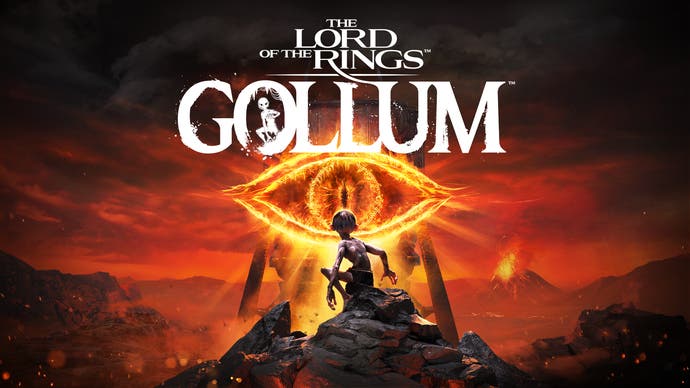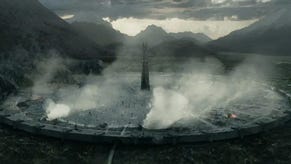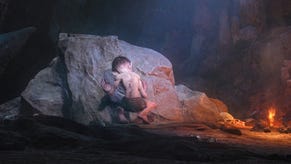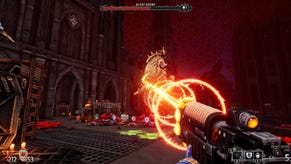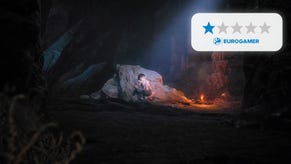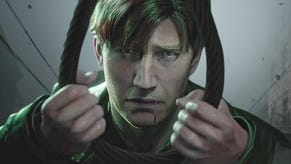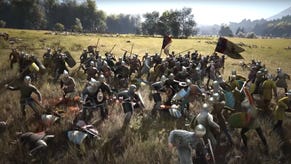Report details internal problems during The Lord of the Rings: Gollum development
Including crunch, lack of expertise, and an AI-written apology statement.
An investigative report into the development of commercial and critical failure The Lord of the Rings: Gollum has revealed a number of struggles faced by developer Daedalic Entertainment.
Gollum released in a rather sorry state in May earlier this year, and was heavily criticised for a lack of polish and technical issues. A statement attributed to Daedalic Entertainment and released on its social media one day after release apologised for the game's quality and stated the studio's commitment to improving the game with patches.
The report from German outlet Game Two was created after interviewing 32 former and current employees at Daedalic, as well as receiving statements from the company itself, on the development of Gollum.
Employees speaking to Game Two described a number of problems encountered during development which arose from Daedalic's beginnings as a point-and-click developer and were exacerbated by funding, over-ambition, and unpleasant treatment from leadership.
Most of Daedalic's staff had expertise in point-and-click adventure games as opposed to 3D action with triple-A ambitions, and the studio was unable to hire talent with experience. Gollum had a development budget of €15m, Daedalic told Game Two, a figure much smaller than triple-A games get. Daedalic said it was unable to secure more funding despite making multiple applications, while then-owner Bastei Lübbe "publicly doubted" the company.
Staff were reportedly expected to crunch, something employees said had been a part of the company's culture since its early days, without pay for the extra hours put in. Pressure was also placed on junior staff and interns, employees alleged, as they could be used as cheap labour and couldn't "assess the level of stress as critical or unusual".
Particular criticism was levelled at founder and CEO Carsten Fichtelmann and COO Stephan Harms by employees, who allegedly caused an atmosphere of pressure and stress. Employees reported instances of Fichtelmann shouting at employees and recalled co-workers "only spoke in whispers" as they feared they would be overheard. Daedalic denied these allegations to Game Two and claimed there is a "friendly working atmosphere" internally.
As marketing for Gollum billed the game as a blockbuster triple-A entry, internally staff were working on "damage limitation" to prepare the game for release. The scope of the game had ballooned and there wasn't enough manpower or time to properly implement many of the systems properly. "The time factor [...] also played a role, as the license [for The Lord of the Rings] was time-limited," Daedalic said.
The letter which was published on Daedalic's accounts after the game released was written by current owner Nacon, the studio confirmed, and publicised without prior approval. Two anonymous sources claimed the letter was written using AI model ChatGPT.
Employees described a feeling of being left "hanging in the air" by management once Gollum was released. Just a month later, 25 employees were laid off from Daedalic, and the company said it would begin steering away from game development and instead focus on publishing and distribution. A second The Lord of the Rings game codenamed "It's Magic" had a prototype and internal concept trailer, but was ultimately cancelled.
